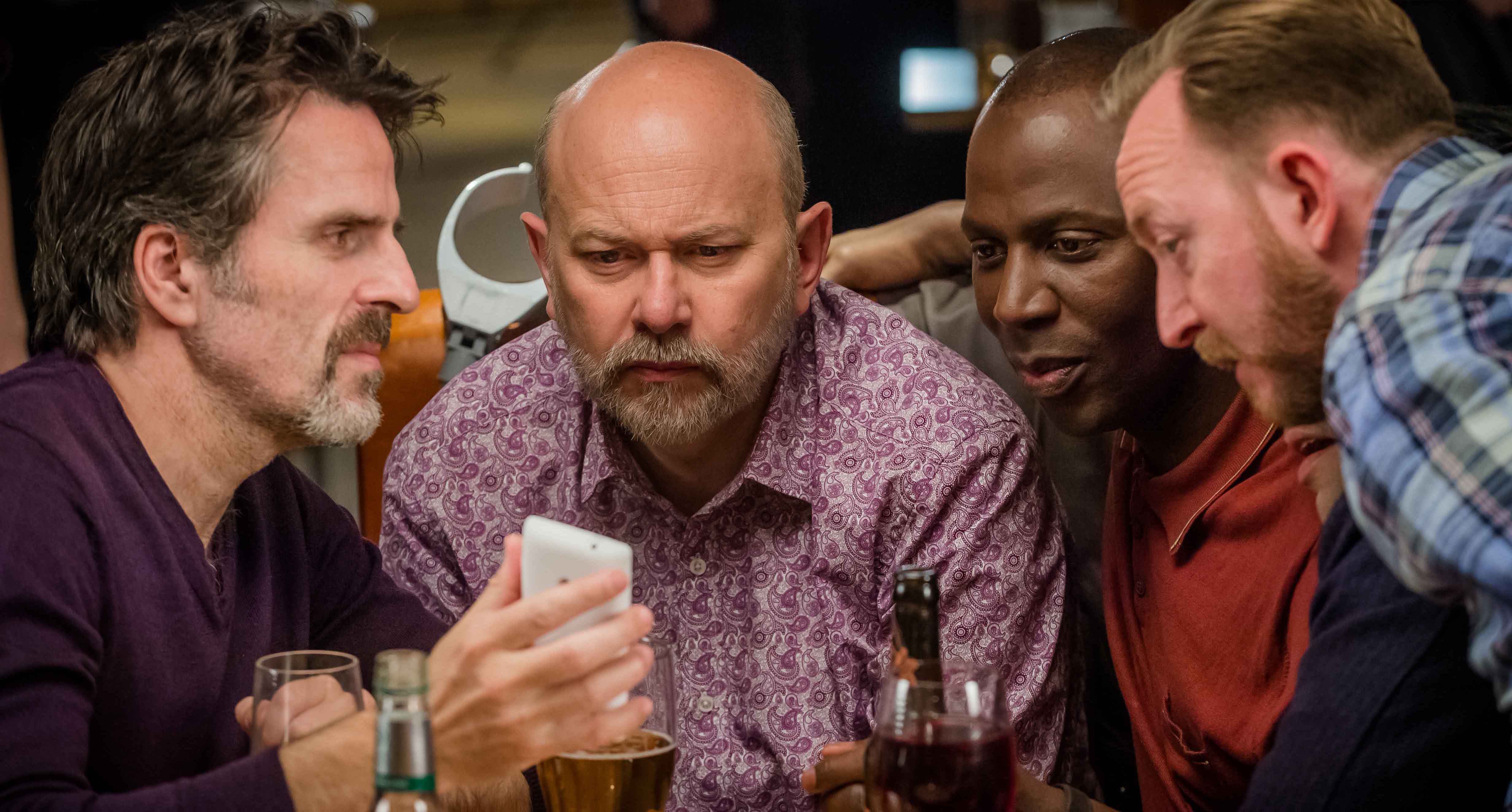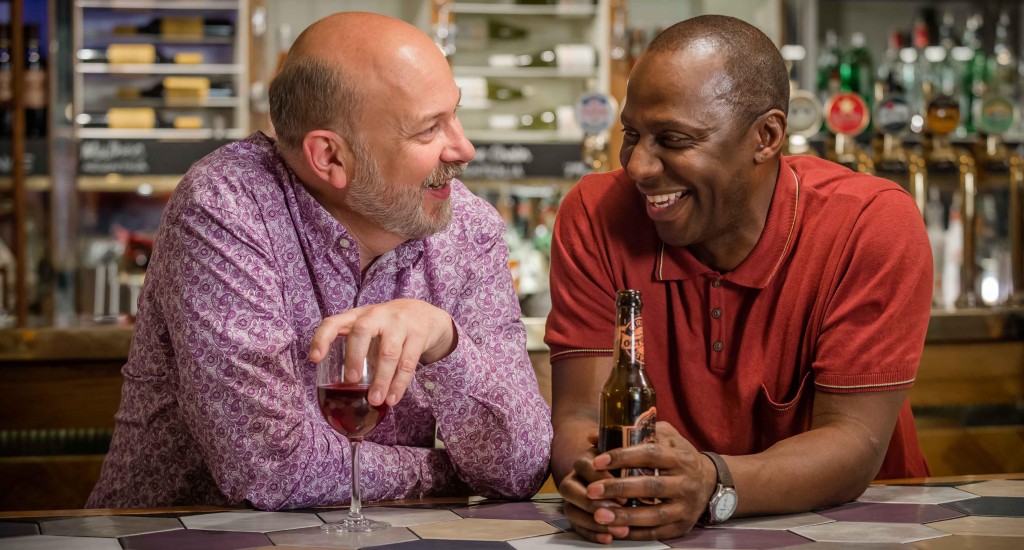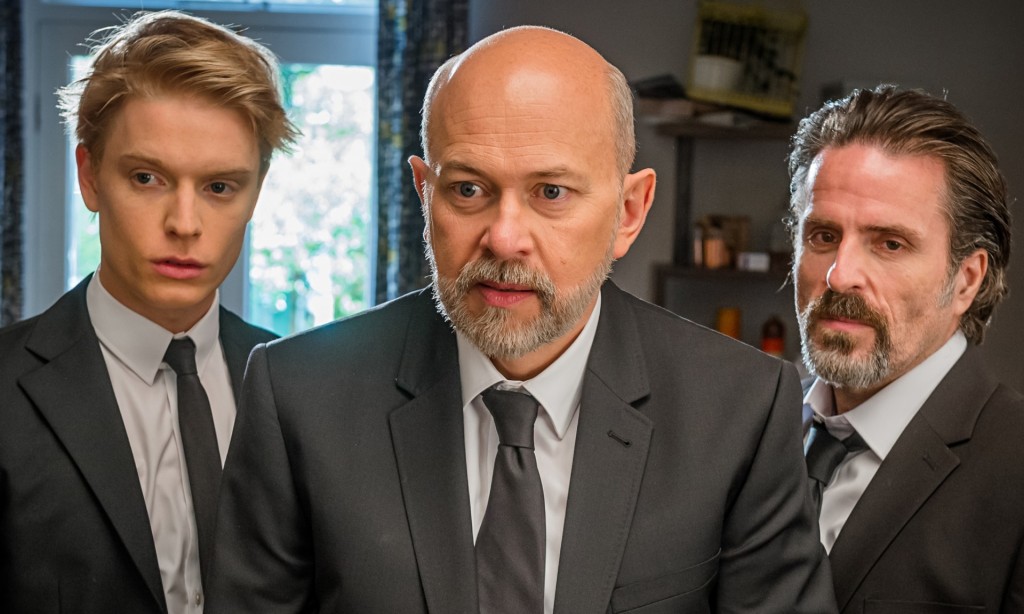A viewer’s response to Cucumber finale: ‘Oh god, I AM Henry!’
By Nick Bond

Last night’s Cucumber finale proved divisive viewing for many, with social media lighting up through the night as viewers debated the merits of the final episode – and indeed, the series as a whole.One particular viewer, presenter and broadcaster Ian Rutter, was a huge fan of the finale – and in particular, the bittersweet ending for main character Henry. Here, Ian shares his story… And a warning if you haven’t yet watched the finale: There are spoilers ahead.
Russell T. Davies’ superb series Cucumber ended last night with the lead character, Henry, dreaming of getting away for six months, to give him time to think. To allow him to come to terms with being gay. At no other time, and in no other TV series, have I identified so strongly with a character as I did with Henry at that precise moment.

There has been much debate about that ending, with some critics stating it was anti-climactic, or disappointing. Others blame Henry’s confusion and lack of acceptance for the grisly demise of his ex-partner Lance. To me, it was some of the most truthful writing that brought to an end a series filled with truthful writing, delivered by actors capable of real honesty and integrity.
I am 52-year-old man and I have struggled all my life to understand the complexities of my own individuality. Nothing annoys me more than society’s predisposition to label us all so that we are more easily understood. It is still a sad sign of our times that Henry feels the need to go off and “come to terms with being gay”. Why should he feel that way? No one has ever been heard saying that they need to go off any come to terms with being straight! It is society’s fault that individuals still have to “come to terms” with whatever life throws at them.
I think that Henry’s complexities come as part of the generation in which he was raised. I was bullied at school for being gay, when I had no idea what “gay” meant. I was just aware that I must have appeared to other people in a certain way that resulted in this perception. To avoid the pain of constant jibes and ostracism, I did my best to conform to a perceived norm. I knew from my early teens that I was attracted to men, but society’s misguided mores gave me no indication that it was alright to feel like this. I only had exposure to grubby experiences in public toilets, and there were no signs that two men could ever live together in a meaningful relationship where love was a central ingredient. My experience of gay men was based on the extreme stereotypes that prevailed in the 1970s; my thoughts being then that if that is what being gay means, then I surely can’t be gay. I must instead try to be ‘normal.’

Today, I think “normal” must be one of the most dangerous words in the English language. What is normal? As human beings, we are all individual, yet we still live by a set of principles that evolved from early days when we believed the earth was flat and the sky would fall on our heads: theories based on our lack of understanding. We have evolved so far, yet too many people believe there is a norm; some “standard” against which we should all be judged.
If I were to pick holes in that lovely, underplayed final line from Cucumber, I would say that Henry, instead of disappearing to come to terms with being gay, should be going off to come to terms with being an individual. Something we can all learn from.
By Ian Rutter.
